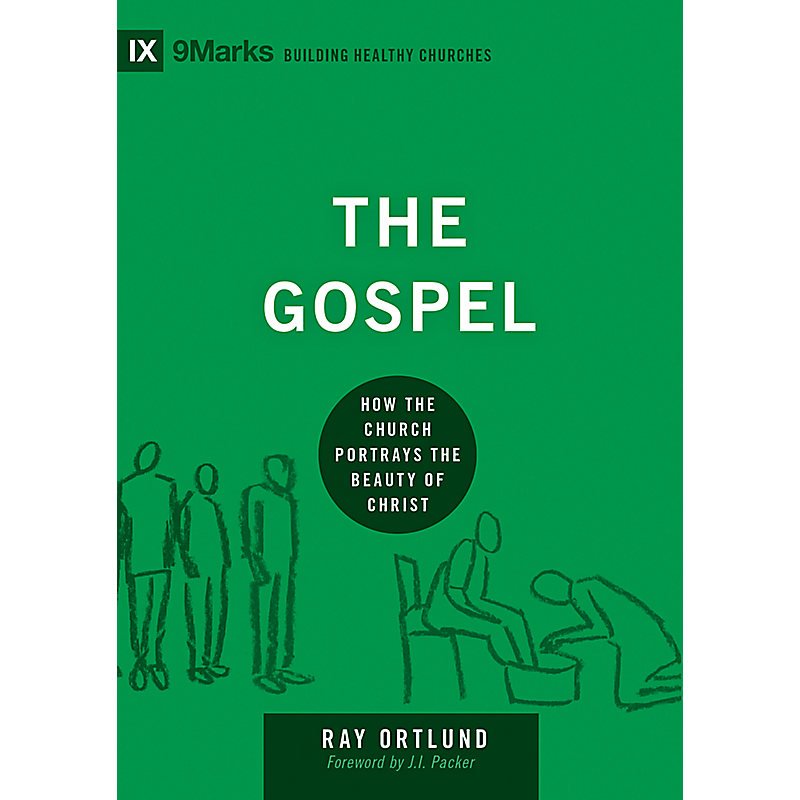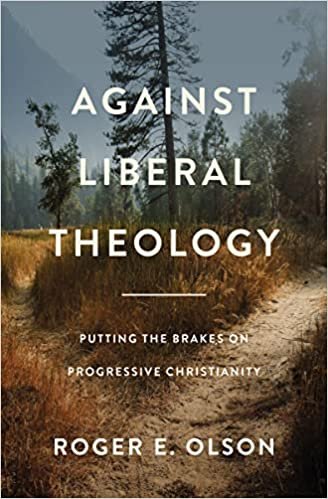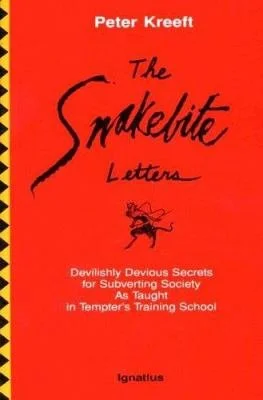The Life We're Looking For - A Review
As we navigate modernity, sometimes it is hard to know what we are looking for. What is it that we are seeking?
Andy Crouch pursues that question in his recent book, The Life We’re Looking For: Reclaiming Relationship in a Technological World.
Crouch, who was a one-time editor-in-chief of Christianity Today, has dealt with the question of technology previously, particularly in his helpful Tech-Wise Family and alongside his daughter in My Tech-Wise Life. The latest volume builds on the earlier research, but moves beyond it to consider more broadly what sort of culture, environment, and general shape of the world humans naturally seek.
The book begins by outlining many of the reasons why we are unsettled. Crouch notes loneliness, isolation, and a radical shift from the way of life that humanity has existed in for millennia. We have become largely anonymous. Ironically, in a world where there is very little privacy, we are truly known by very few people. One of the negative results of a great deal of technology has been the loss of dependence of people on one another. According to Crouch, we have traded in our personhood for power.
The list of ways that humans have acquired power includes the “magic” of technology, the use of money instead of relying on bartering and personal exchange, and artificial intelligence. The basic theme here is that humans have chosen technique and technology to substitute for what were, at one point, interactions that required direct human to human contact.
There are distinct advantages to much of technology. The human physical condition is, measured objectively, drastically improved from prior to the Industrial Revolution. However, amidst the cheers for technologies’ progress, we have become alienated from each other and from the world, at least to some degree. In many cases, the sense of alienation has taken generations to accumulate, but appears to be advancing rapidly in the last few decades, especially since the lightspeed changes of the computer revolution.
The end of Crouch’s book is a plea to regain our sense of shared humanity, with an emphasis on some simple steps that can make the world more personal. This mostly has to do with recognizing that while technology may relieve a particular burden, it also often takes away opportunities and requires additional duties. Establishment of written language has, for example, greatly improved the ability to share stories, but it has also cause human memory patterns to change, so that our cultures no longer require us to learn, recall, and retell stories that have passed on to us by word of mouth. Now we have to write things down to remember them. There are unquestionable benefits, but significant losses, as well.
The crux of Crouch’s book is that Christians, especially, should be pursuing a deeper understanding of personhood. He notes the instance at the end of Paul’s letter to the Romans, where amidst the greetings from Timothy, Tertius the scribe, and Gaius the guy who hosts the church, there is a greeting from “our brother Quartus.” (Rom 16:23) He’s such a nobody that he was known as “the fourth,” as in the fourth son. No real name to speak of, not title. Just “our brother Quartus.” It’s easy to forget sometimes that Christianity came from such humble roots that a no name could be a someone in the middle of the church. That’s what Crouch calls the Christians back to in the midst of this modern age.
The Life We’re Looking For is a quick read. It’s easily digestible and the sort of text that would be good to put in the hands of someone overwhelmed by the weight of the world and attempts to navigate through it.
Crouch’s program of calling readers to consider the tradeoffs of technology is good, though I do think at points (as with the existence of money), he underestimates the benefit of having a basically universally acceptable medium of exchange—it does reduce the need for personal relationship, but it also ensures those on the lower end of the spectrum get access to markets and services. It may be that Crouch is overly negative to compensate for the positivity of many who see some of the advantages of technology. However, at the end of the day, Crouch makes readers think and really consider their positions well.














Reading your Bible is a battle. There’s a reason why Paul lists Scripture as the sword of the Spirit in his discussion of the armor of God (Eph. 6:17). More even than that, Scripture reveals God’s character and is, thus, central to worshiping well (Psalm 119). That’s why reading the Bible is a battle.